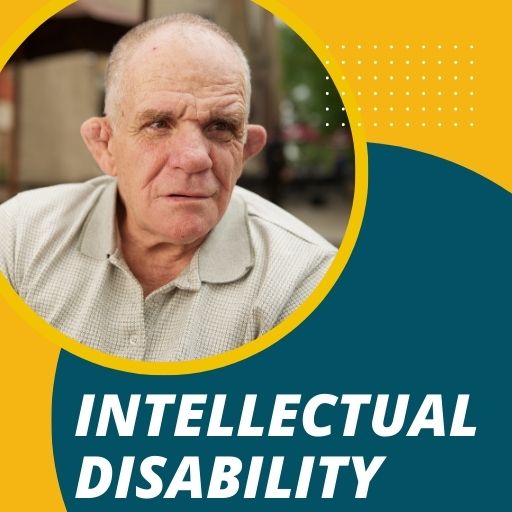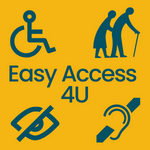People With Intellectual Disabilities
INTELLECTUAL DISABILITY IS A DEVELOPMENTAL DISABILITY that effects a person’s intellectual functioning, such as reasoning, learning, problem-solving, and adaptive behavior.
Adaptive behavior limitations impact areas of daily living skills, such as travel, shopping, following directions, reading environmental and social cues.

Speak to the person as you would any other adult. Use simple language, not baby talk.
Use clear, concise, short sentences with simple language. Do not give more than one direction in a sentence. Be prepared to repeat yourself or use other words if he does not respond.
Be patient and allow time for the person with an intellectual disability to process the information before responding.
People with intellectual disabilities may be anxious to please or to agree with what you say.
Be sure he knows he can refuse to do something or say he doesn’t know what you mean
Keep in mind that noisy environments or ones with many distractions may make it difficult for her to focus on a task or direction, especially when first learning how to do something.
Do not assume that a person with an intellectual disability cannot learn. He may only need a little more time and attention to transfer what is learned in one situation to another.
Clear signage and pictograms identifying different areas of a facility may increase his ability to navigate through a building.
Remember people with intellectual disabilities can and do live and work independently and productively in the community.
They want to be treated with respect and accorded their human dignity.
